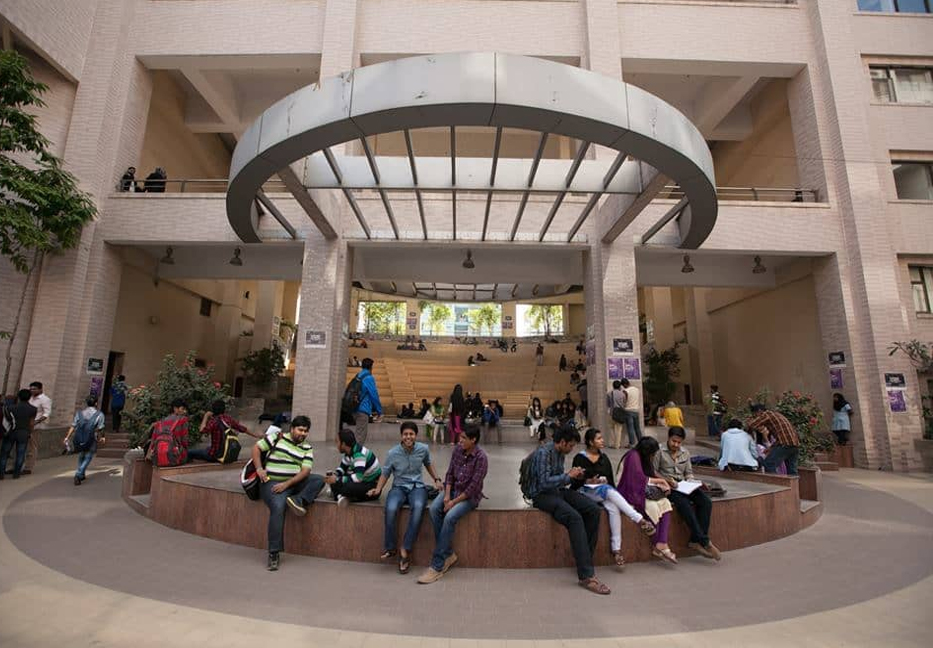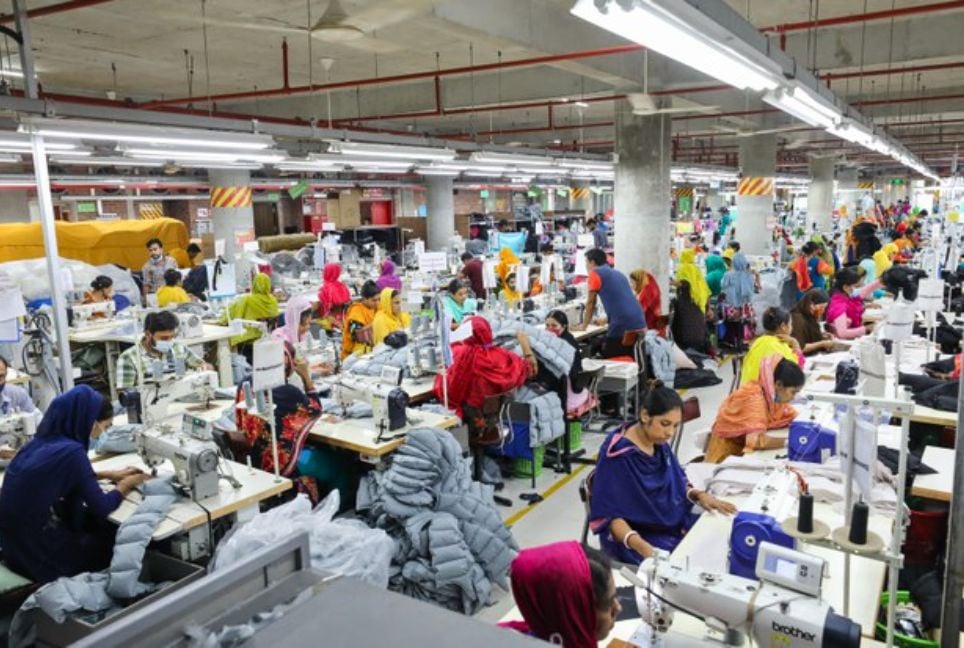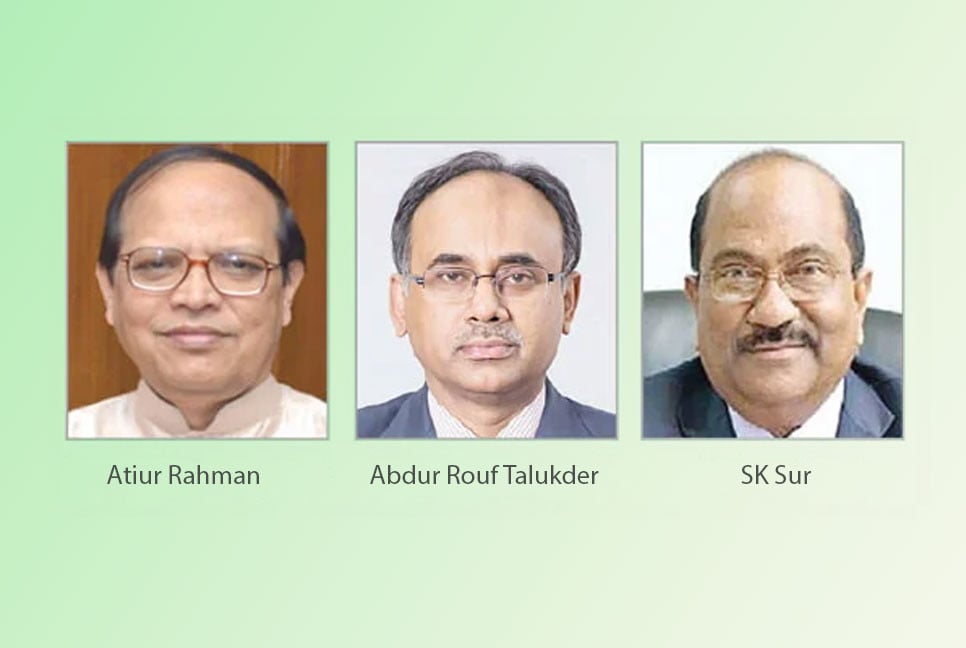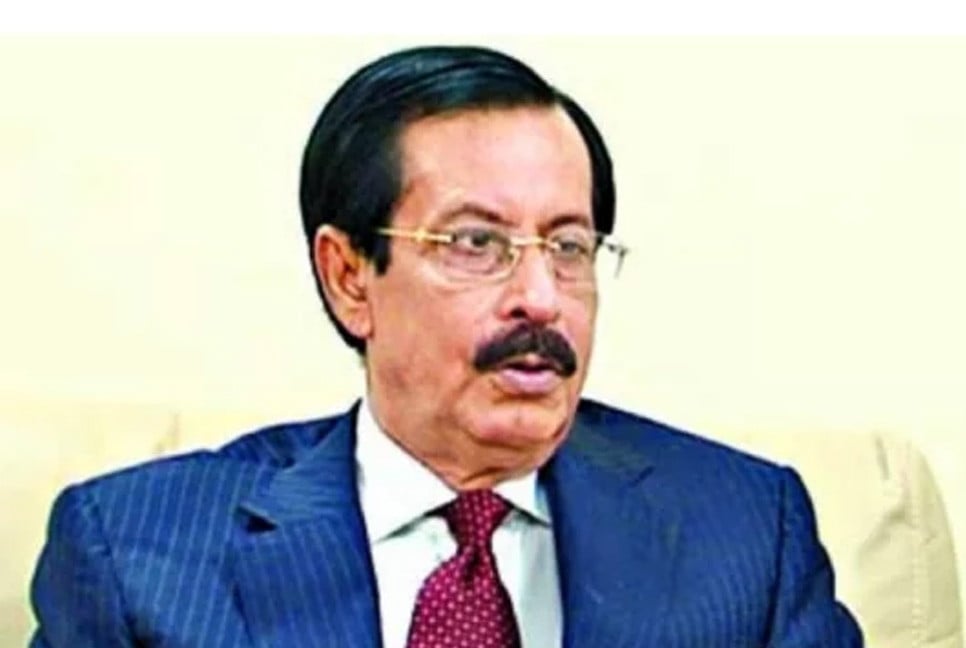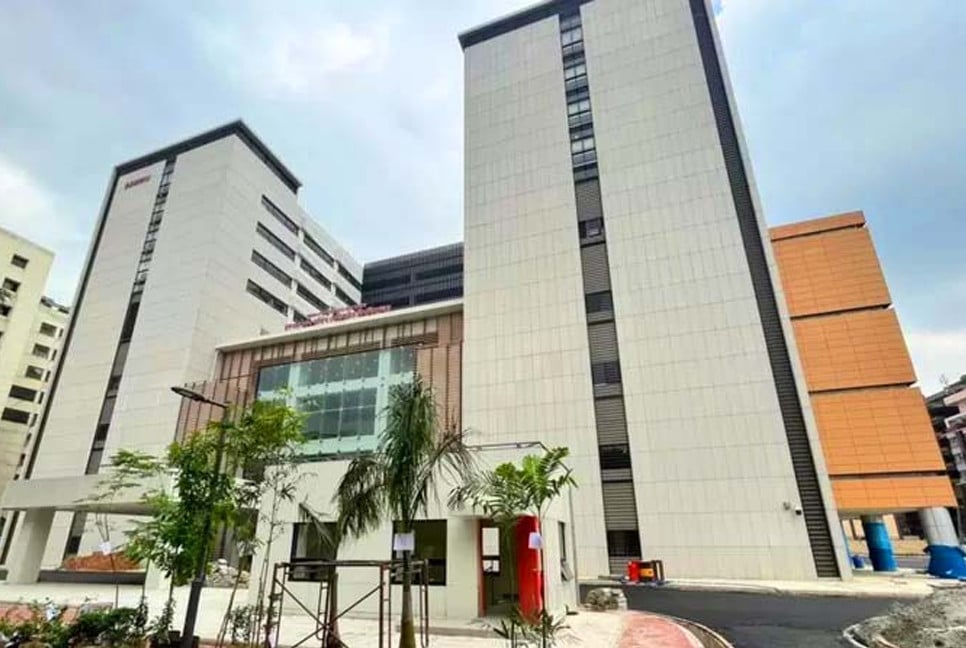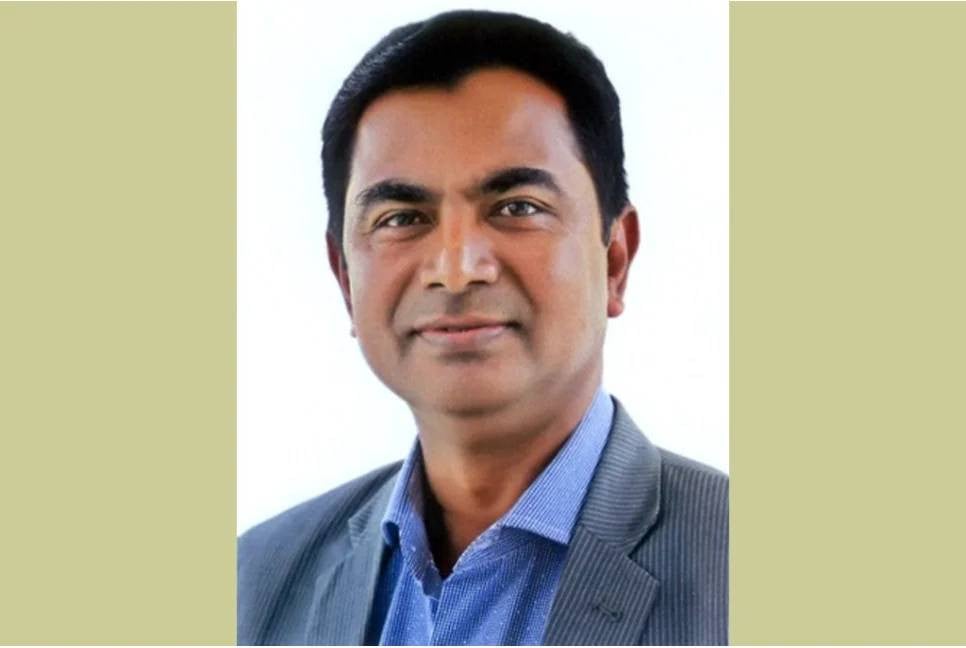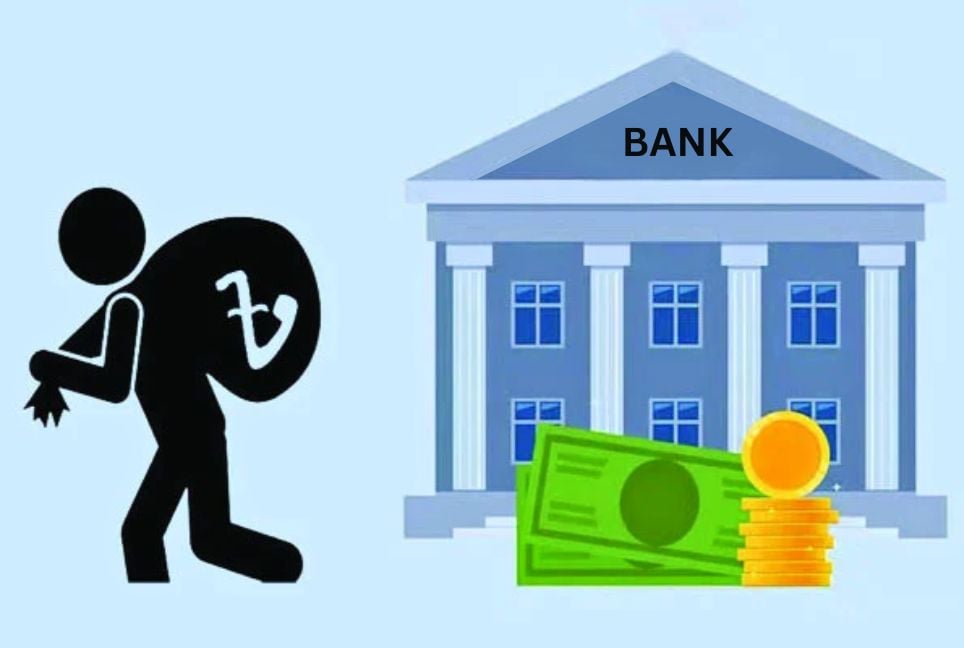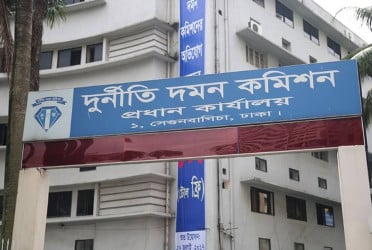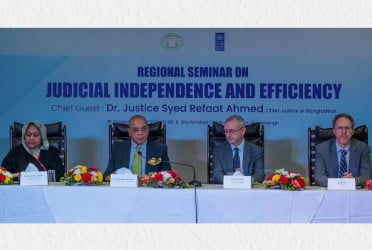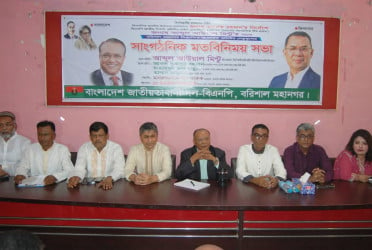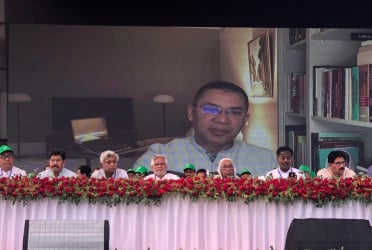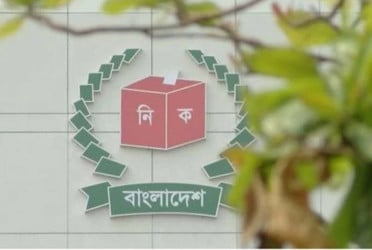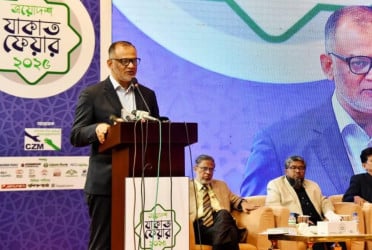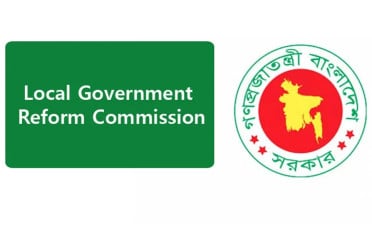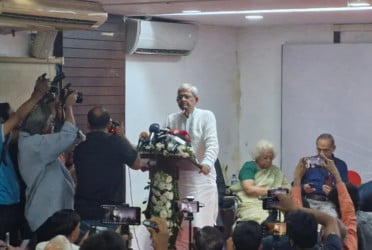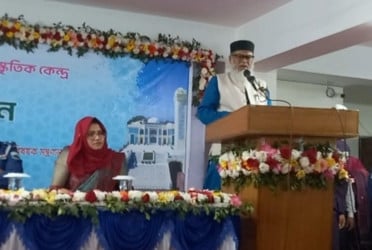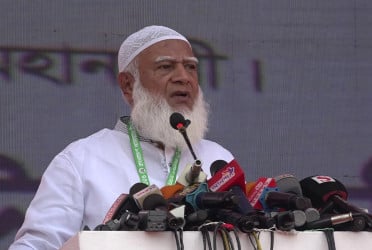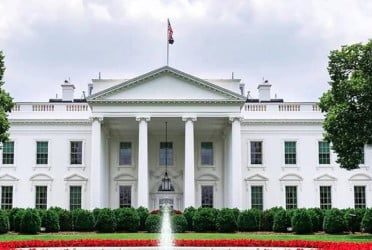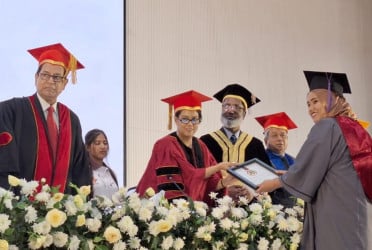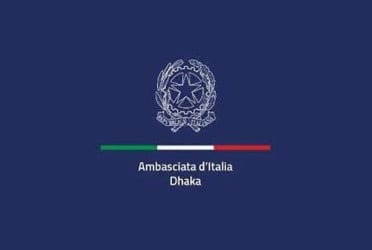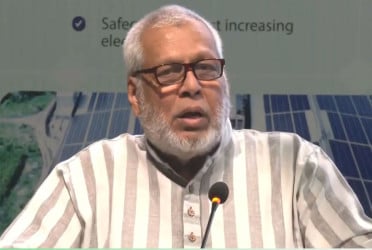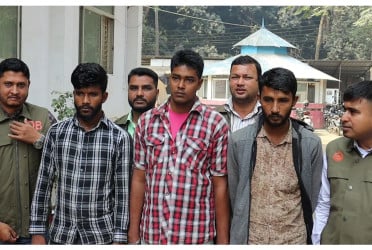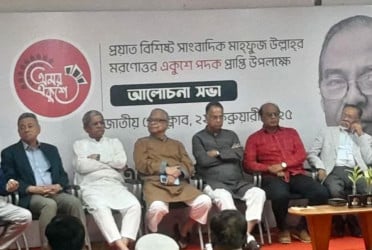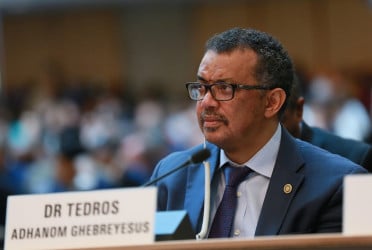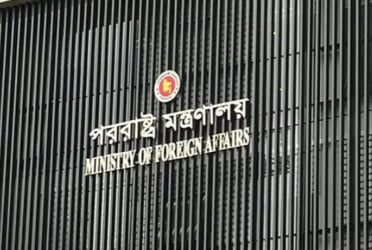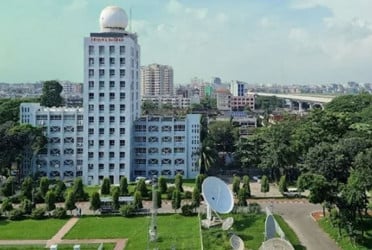According to the 48th annual report of University Grant Commission (UGC), no mentionable progress has been observed in the private universities of Bangladesh in last 10 years.
Private universities were introduced in the country in 1992. After 30 years of that introduction, now the country has 109 private universities. The universities were spread in short time, while very little quality service is visible in them. Rather, irregularities have been common phenomena in many of them. The universities were stricken with several problems like disinterest in research, certificate-business, conducting non-approved branch or campuses, conflict in trustee board etc. Not submitting the financial report year after year has become a tradition here.
According to annual report of UGC, in 2012, the total number of private universities in the country was 60 and the number of their students was 3, 14, and 640. In 2021, the number of universities has been increased to 108 and the number of students became 3, 10,107. It’s interesting that the number of students hasn’t increased proportionately according to increasing number of universities. Rather, it has been decreased.
The number of students trying to pursue higher studies is increasing; however they’re becoming less-interested in taking the education from private ones. Once, lot of foreign students used to study in private universities, but that’s decreasing, too. In 2012, the number of foreign students was 1, 642, in 2017 it was 1, 977, but in 2021 it was 1, 604. Low quality of education in private universities, the propensity of students involving in movements and politics are the reasons for decreasing number of foreign students, according to the authorities concerned. In 2021, the universities spent Tk 85, 202 per student, while it was Tk 1, 07, 430 in 2014. Each year the tuition fee is increasing, but the opposite scenario is visible in spending for the students.
Two-and-a-half decades have been passed after the introduction of private universities in the country. Nonetheless, they’re depending mostly on part-time teachers. In 2021, a total of 3,311 part-time teachers used to work in private universities. As the teachers were part-timer, the occurrences like sacking them, giving less salary was frequently visible. As a result, the talented teachers also lost interest in becoming its teachers. According to the information of UGC, in 2021, the average proportion of teachers-students was satisfactory in the universities, but in many private universities, this proportion wasn’t up to the expectation. Among these universities, there are North South University, South East University, Prime University, Royal University of Dhaka, European University of Bangladesh, The International University of Scholars, NPI University and some others.
It has been found in the UGC report that academic or student enrollment activities of four universities are stopped. Those are America Bangladesh University, Queens University, IBAIS University and The University of Cumilla. None of these universities have any legal authority or VC, Pro-VC and Treasurer. According to ‘Private University Law, 2010’, the board of trustees has to arrange council at least once in a year to establish good governance and remove problems. But, some of the universities didn’t hold the council even just for once. Even, some universities like United International University, Central Women’s University, Bangladesh University, Prime Asia University, and North East University haven’t held the meeting of their finance committee.
According to the educationists, due to absence of meeting of important committees of these universities, huge irregularities are visible inside them. Former UGC chairman Professor Abdul Mannan said, “The universities have been suffering from indiscipline and irregularities since long time. Among the 108 universities, you can’t count on more than 20 to 25 university if you consider quality.”
The educationist said, “Now, the students and guardians are very alert and they’re showing disinterest to these universities as they know the certificate of these universities won’t add any value to their career. Many of such universities got approval exercising political influence. The UGC has been striving to keep them under regulations. However, it’s hard to be successful here as they don’t get timely support from the ministry. Furthermore, the ministry itself lacks competency.”
He suggested forming a higher education commission under the educationists and empowering the UGC to solve the problems.
@The report was published on print and online versions of The Bangladesh Pratidin on January 16 and rewritten in English by Lutful Hoque

